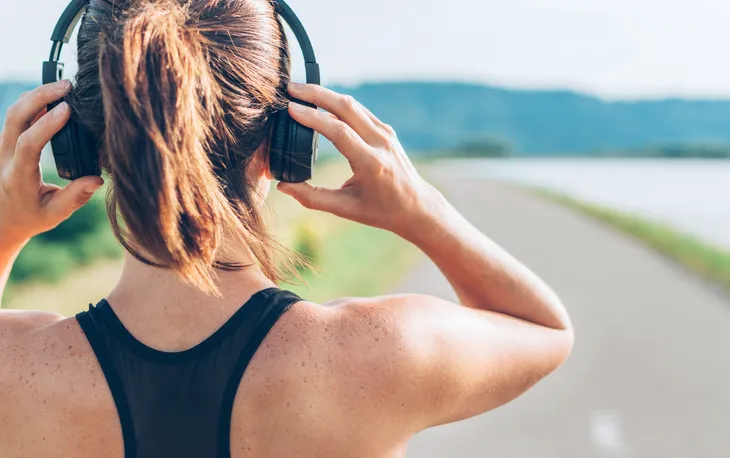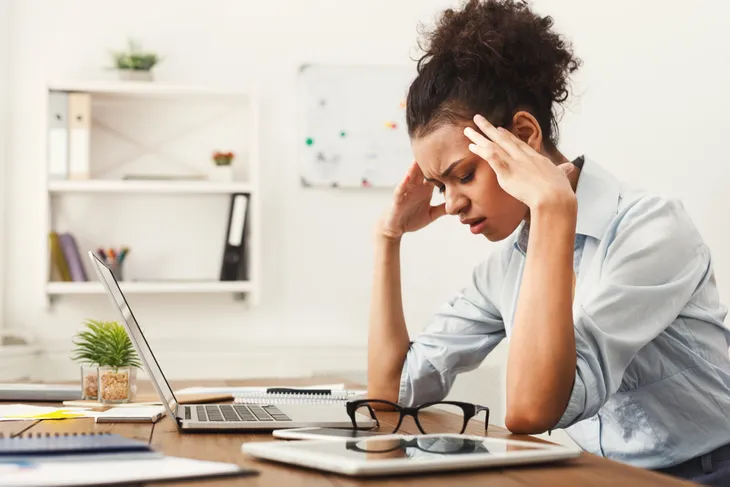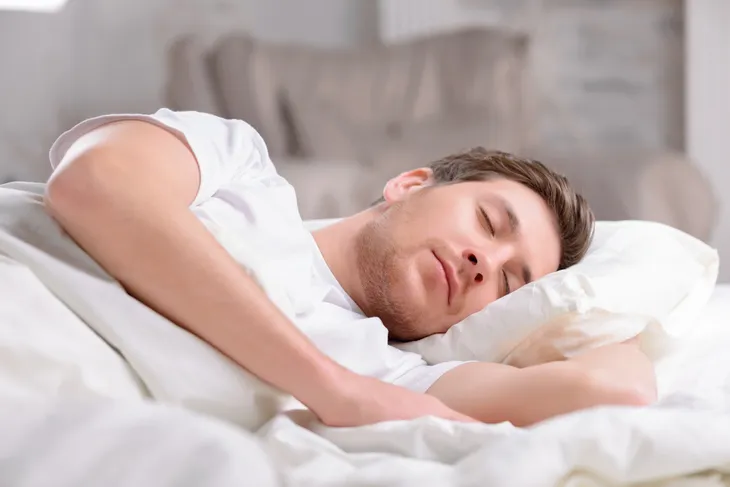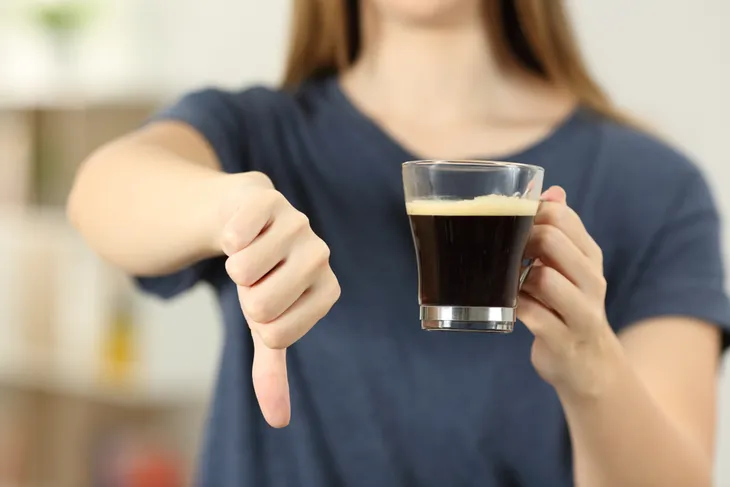Anxiety can be a crippling mental disorder that can affect every part of your life, while agoraphobia can keep you shuttered inside to avoid being in anxiety-inducing situations, which can actually make the condition worse from a coping standpoint. While there are medications available to help you deal with your anxiety, they can also have side effects.
Learning to manage your anxiety is easier said than done, which anyone with serious anxiety can tell you. However, with the right coaching and approach, you can lessen the grip of the disorder and improve the quality of your life. Here are seven self-help tips for those with anxiety…
Get Moving
Anxiety can be a bit of a Catch-22—you want to get out there in the world and stretch your wings, but your anxiety talks you out of it. However, the Anxiety and Depression Association of America (ADAA) said that exercise, aside from helping prevent other illnesses, “is also considered vital for maintaining mental fitness, and it can reduce stress.”
Additionally, the ADAA cites studies that show exercise can actually help you boost energy and concentration that is sapped from you due to stress. The key is to get moving—even if it doesn’t seem like you can make it outside, try some indoor exercises to get warmed up first.
Try to Avoid Triggers
Many cases of anxiety seem to make the patient nervous about almost everything, and it becomes hard to determine if there are any specific contributing factors. It’s accepted that anxiety can occur even in the seemingly least stressful situations, but there could be some that you can cut out of your routine.
CalmClinic.com notes some common anxiety triggers, which can lead to very uncomfortable panic attacks. For example, a stressful job can be a trigger, as can a bad relationship. Other “invisible” triggers include having too much time to think (refer to the previous slide), a lack of attainable goals, and reading too much about health scares in the news. Substance abuse can take away your natural ability to cope, which can make normal situations very stressful.
Sleep More
This can be another vicious cycle—you can’t fall asleep because your anxiety is keeping you up at night, but you also need sleep to help you have the capacity to manage your anxiety.
GoodTherapy.org explains that if meditation, medication and exercise don’t seem to be calming your nerves, it may be sleep that you really need. “Studies show sleep deprivation to be one of the primary contributors to anxiety problems, depression, and other psychiatric disorders,” notes the source. So as you lay awake worrying about whatever is in your head at the moment, remember that sleep is like medicine for you.
Use Visualization
This tip from VeryWell.com involves placing yourself in stressful situations, but only using your imagination. You may even have some physiological responses to the imagined scenarios, as if you were in them.
The goal is to “gradually unlearn your fears” through desensitization. Because you’re not actually in the stressful situation, you can apply relaxation techniques and start to gain more control over feared situations, notes the source. “By learning to relax through panic-inducing visualizations, you will eventually be able to reduce panic and avoidance behaviors,” it adds. This technique can be practiced alone or through therapy.
Limit Caffeine
Coffee is such a staple to Americans, that you may not even realize how much caffeine you’re putting into your system every day. BeBrainFit.com explains caffeine found in coffee (and many other sources) is actually a “psychoactive drug that can cause or exacerbate anxiety and other stress-related signs and symptoms in many ways.”
While some caffeine can help you feel more alert and focused, you may also end up with the unwanted effects such as insomnia (leading to lack of sleep), racing heartbeat, and panic attacks, which you definitely want to avoid. Caffeine also blocks a brain neurotransmitter known as GABA—which the site says has been called “nature’s Valium”. Be aware of how much coffee, tea or soda you’re drinking, and if you’re ingesting any other sneaky sources of caffeine.
Give Yourself a Moment
If you’re feeling particularly overwhelmed and you don’t feel like putting on running shoes and going for a jog, then you can give your brain a break by listening to music or practicing relaxation techniques (like meditation, Yoga and deep breathing), notes the ADAA.
Stress can have a compounding effect that can make situations seem worse than they are, which is what your anxiety wants. “Stepping back from the problem helps clear your head,” notes the source.
See the Light
Well, sunshine, to be more specific. Reader’s Digest notes that vitamin D is important in controlling feelings of anxiety, and that sunshine is the best way to increase this vitamin naturally. “A short 15-minute break will not only take your mind off stress, but also let you reap the benefits of outdoor activity,” it notes.
If you can get yourself to a less urban area and into a greener environment, the benefits will be even better regarding stress reduction, it adds. “If you’re stuck in an urban area, look for parks or quiet tree-lined streets to take a stroll,” suggests the source.










